Daily Routine of UPPCS Toppers – Study Timetable & Preparation Strategy
The Uttar Pradesh Public Service Commission (UPPCS) is one of the toughest state civil services exams in India. Every year, lakhs of aspirants appear, but only a few hundred make it to the final merit list. What separates successful candidates from the rest is not just hard work, but smart preparation, discipline, and a well-structured daily routine.
Toppers of UPPCS follow a time-bound study plan that balances syllabus coverage, revision, current affairs, and answer writing practice. In this guide, we will break down the daily routine of UPPCS toppers and explain how you can design your own study timetable for UPPCS 2025.
Consistency Wins: UPPCS syllabus is vast. Only a consistent daily effort helps cover it.
Time Management: With limited hours, a timetable helps prioritize important subjects.
Avoid Burnout: A structured routine ensures productivity without exhaustion.
Balanced Approach: Ensures time for GS, Optional, Current Affairs, Essay, and Revision.
Wake up early (5–6 AM).
Begin with reading newspapers/current affairs.
Study in focused blocks of 2–3 hours.
Keep 1–2 hours daily for revision.
Practice answer writing & mock tests.
Stay consistent rather than over-studying one day and skipping the next.
Here is a realistic study timetable (10–12 hours/day) used by many toppers:
5:30 – 6:00 AM → Wake up, light exercise, meditation.
6:00 – 7:00 AM → Newspaper reading (The Hindu / Indian Express + Dainik Jagran Rashtriya Sanskaran).
7:00 – 9:00 AM → Static GS subject (Polity, History, Geography, Economy).
9:00 – 9:30 AM → Short break, breakfast.
9:30 – 10:00 AM → Revision of yesterday’s notes.
10:00 – 12:00 PM → Optional subject preparation.
12:00 – 1:00 PM → Current Affairs notes (monthly magazine compilation, government reports).
1:00 – 2:00 PM → Lunch + rest.
2:00 – 4:00 PM → GS subjects (Economy, Science & Tech, Environment).
4:00 – 4:30 PM → Tea/snack break.
4:30 – 6:00 PM → Answer writing practice (GS / Essay / Optional).
6:00 – 8:00 PM → Ethics, Governance, Case Studies (GS-IV).
8:00 – 8:30 PM → Dinner.
8:30 – 10:00 PM → Revision of the day’s study.
10:00 – 10:30 PM → Quick current affairs revision (mobile app/notes).
Light reading (important reports, inspirational biography) or planning next day.
Sleep by 11:00 PM.
Total Study Hours = 10–12 hours/day.
Monday & Tuesday → History + Optional
Wednesday → Polity + Current Affairs + Answer Writing
Thursday → Geography + Optional
Friday → Economy + Essay Writing Practice
Saturday → Science & Tech + Ethics + Current Affairs Revision
Sunday → Weekly Test (GS + Optional) + Weekly Revision
Toppers dedicate 2 hours daily to current affairs:
Newspaper reading (focus on editorials, governance, economy, environment).
Monthly compilations like Drishti, Vision, Arihant.
Making short notes (1–2 pages per day).
Weekly revision.
Daily: Write at least one GS answer + one optional answer.
Weekly: Write one full essay (1000–1200 words).
Practice writing within time limits (7–8 minutes per question).
Use Intro – Body – Conclusion format.
Daily revision → 30 min morning + 90 min night.
Weekly revision → Sunday.
Monthly revision → At the end of every month, revise entire notes & test copies.
Toppers also take care of:
Physical health → 20–30 min walk/yoga daily.
Mental health → Meditation, staying off distractions.
Sleep → 6–7 hours daily (non-negotiable).
Studying 15+ hours but without focus.
Ignoring revision.
Reading newspapers for 3 hours (time waste).
Copying others’ routine blindly without customization.
Neglecting optional subject.
Be consistent, not extreme.
Maintain short, concise notes.
Attempt mock tests regularly.
Stay positive, avoid unnecessary comparison.
Balance between static GS + dynamic current affairs.

Lakshya IAS
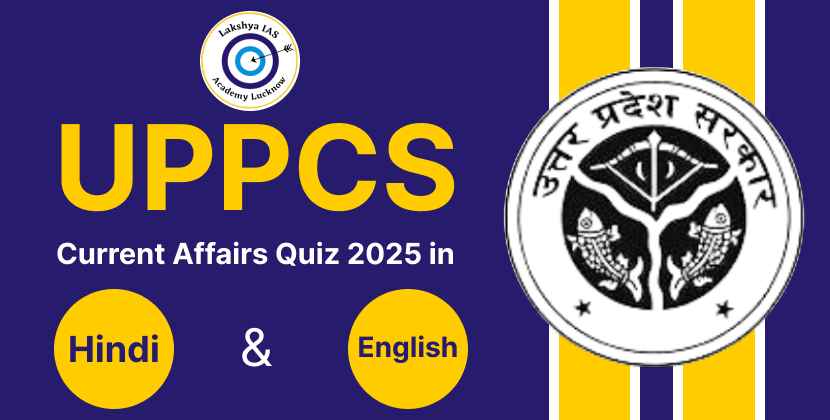
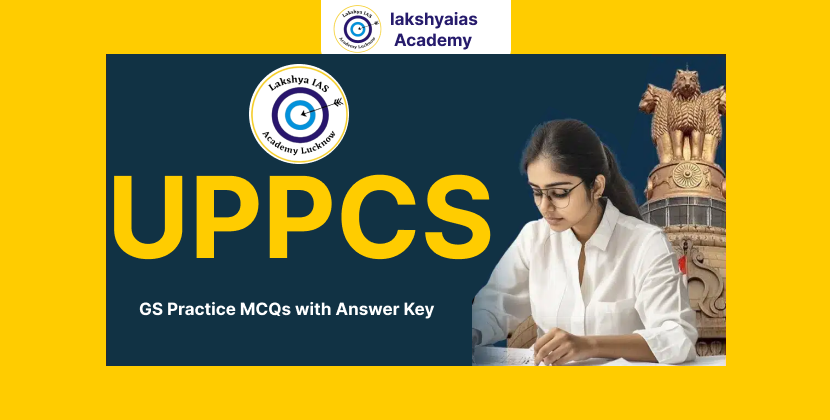

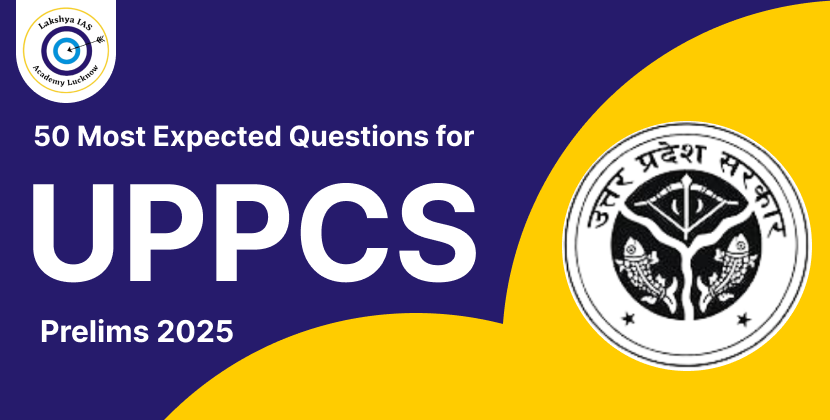
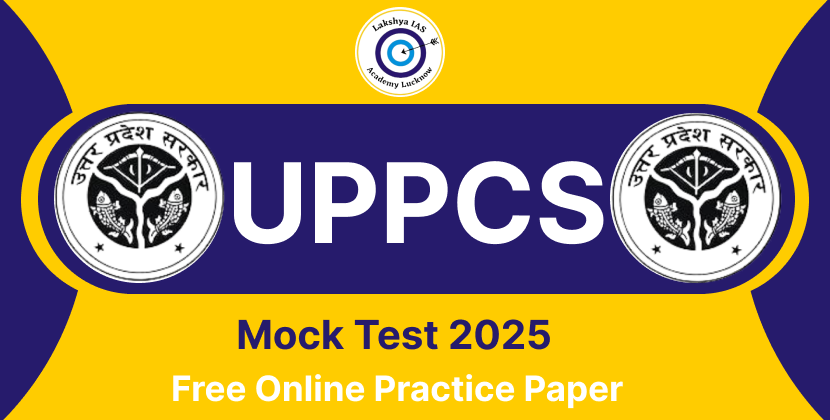
.png)
.png)

.png)
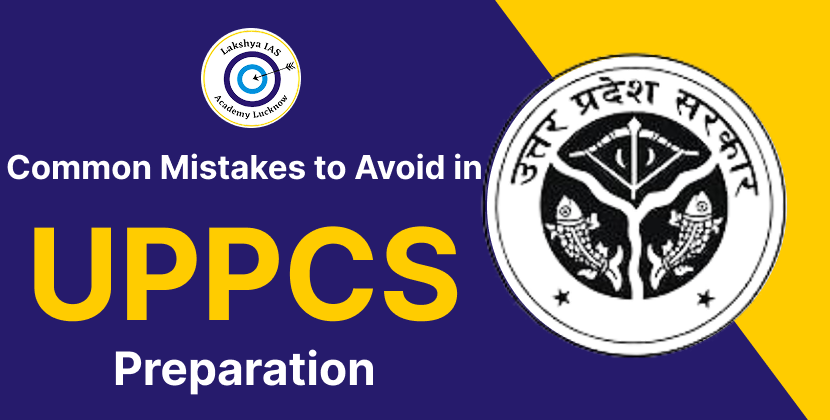
Leave a Comment